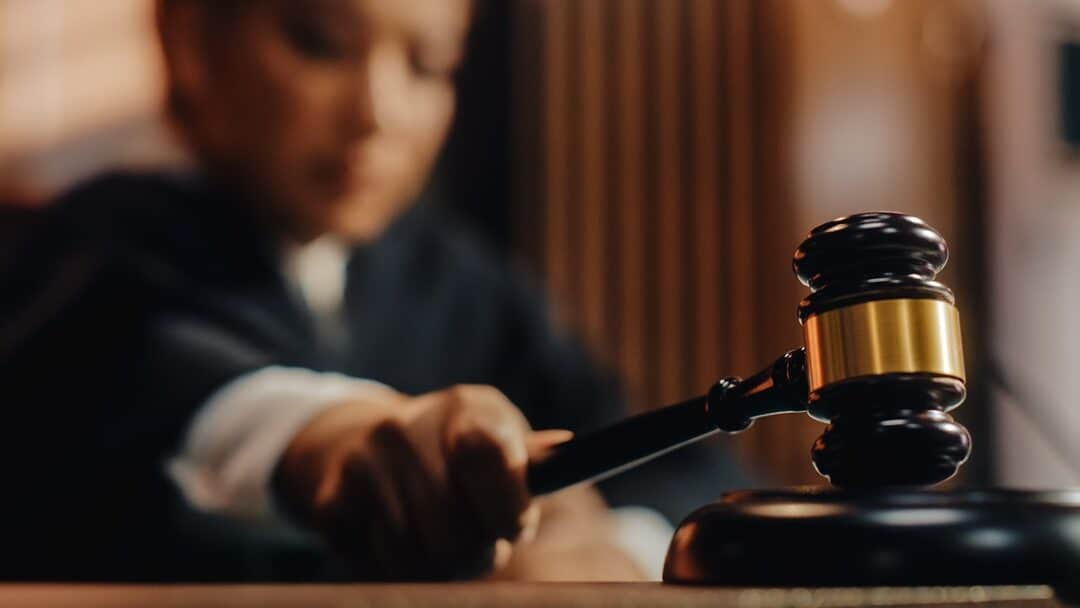
Nov 12, 2024 | Criminal Defense, DUI, Extreme DUI, Aggravated DUI
Getting a DUI on a military base can be complicated and more severe than a typical DUI case. Many people don’t realize that DUI offenses on military property often fall under federal jurisdiction, meaning they can be prosecuted in federal court or result in military-specific penalties. For service members, a DUI arrest on base can lead to serious military consequences, like demotion, pay reduction, or even a dishonorable discharge, affecting their careers and futures. Civilians arrested for DUI on base may also face federal charges and penalties that go beyond standard state DUI laws

Sep 13, 2024 | Criminal Defense, Theft
Catalytic converter theft has become more common in Arizona, largely due to the valuable metals contained within these parts. Individuals facing accusations related to catalytic converter theft may find themselves in challenging situations, as Arizona law treats this offense seriously, with potential felony charges and significant penalties.
At Colburn Hintze Maletta (CHM), we recognize that everyone’s situation is unique, and we are here to offer support. Our experienced criminal defense attorneys for motor vehicle theft work closely with clients to provide personalized defense strategies, aiming to safeguard your rights and minimize the impact of the charges. Whether you are facing charges for the first time or are handling more complex legal matters, our team is committed to guiding you with care and professionalism. Contact CHM today for a free consultation to discuss your legal options.

Aug 21, 2024 | Criminal Defense, Theft
Despite common misconceptions, entering an abandoned property can still result in serious criminal charges such as trespassing, burglary, or theft. Arizona law does not differentiate between occupied and unoccupied buildings when it comes to burglary; if you unlawfully enter with intent to commit a crime, you may face severe penalties. The article also clarifies related concepts like theft, trespassing, and squatter’s rights, explaining how each can apply in situations involving abandoned properties.

Aug 19, 2024 | Criminal Defense, DUI, Extreme DUI, Aggravated DUI, Juvenile Crimes
DUI and underage drinking at Salt River in Arizona can lead to severe legal consequences, making it important to understand the laws and enforcement practices in this popular recreational area. Arizona’s strict DUI laws include various charges, from Standard DUI to Aggravated DUI, each carrying heavy penalties such as jail time, fines, and license suspension. Law enforcement intensifies patrols and sets up DUI checkpoints around Salt River, particularly during peak seasons, to monitor and prevent alcohol-related offenses.

Aug 11, 2024 | Criminal Defense, Criminal Traffic Tickets
Arizona residents often seek to enhance performance, appearance, or personal comfort when modifying a vehicle. However, certain illegal vehicle modifications can lead to tickets or penalties if they do not comply with state regulations. At Colburn Hintze Maletta, we understand that most drivers with modified vehicles are responsible and safety-conscious. We are here to defend your rights if you’re facing charges related to your vehicle modifications.

Jul 30, 2024 | Criminal Defense
The Maricopa County Attorney’s Office has chosen not to prosecute a Gilbert mother and another individual following the death of her 22-month-old child in 2023, which the county medical examiner determined was due to natural causes






